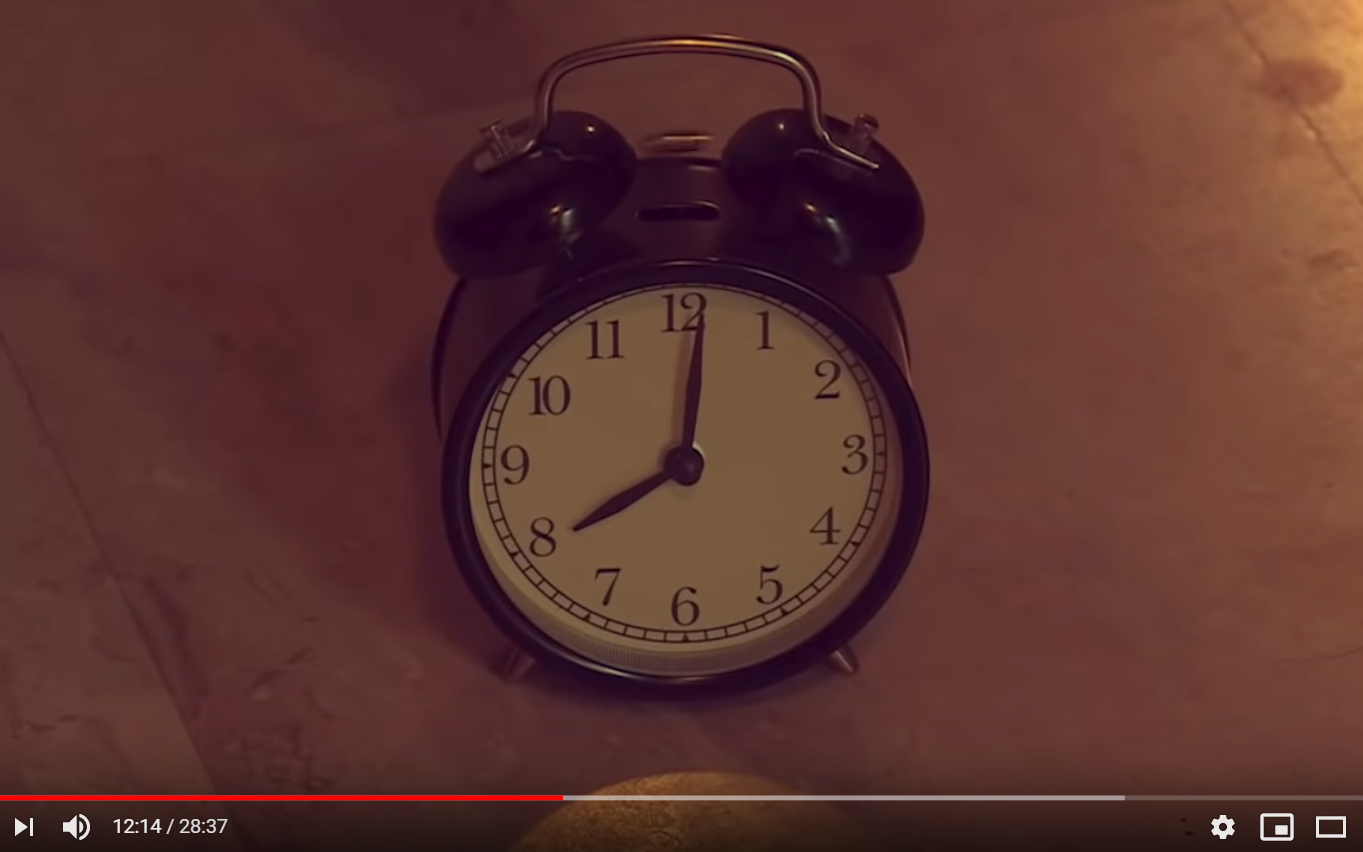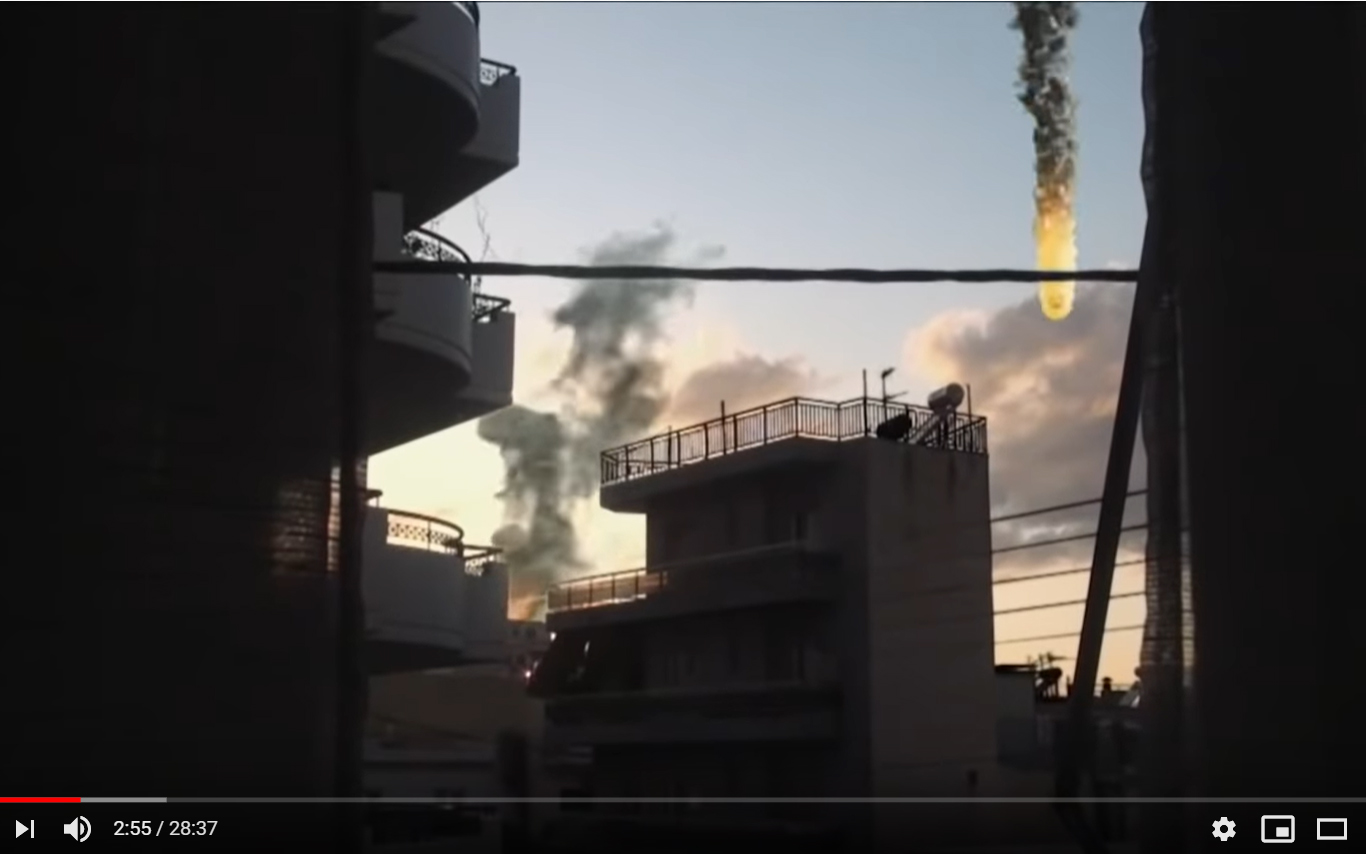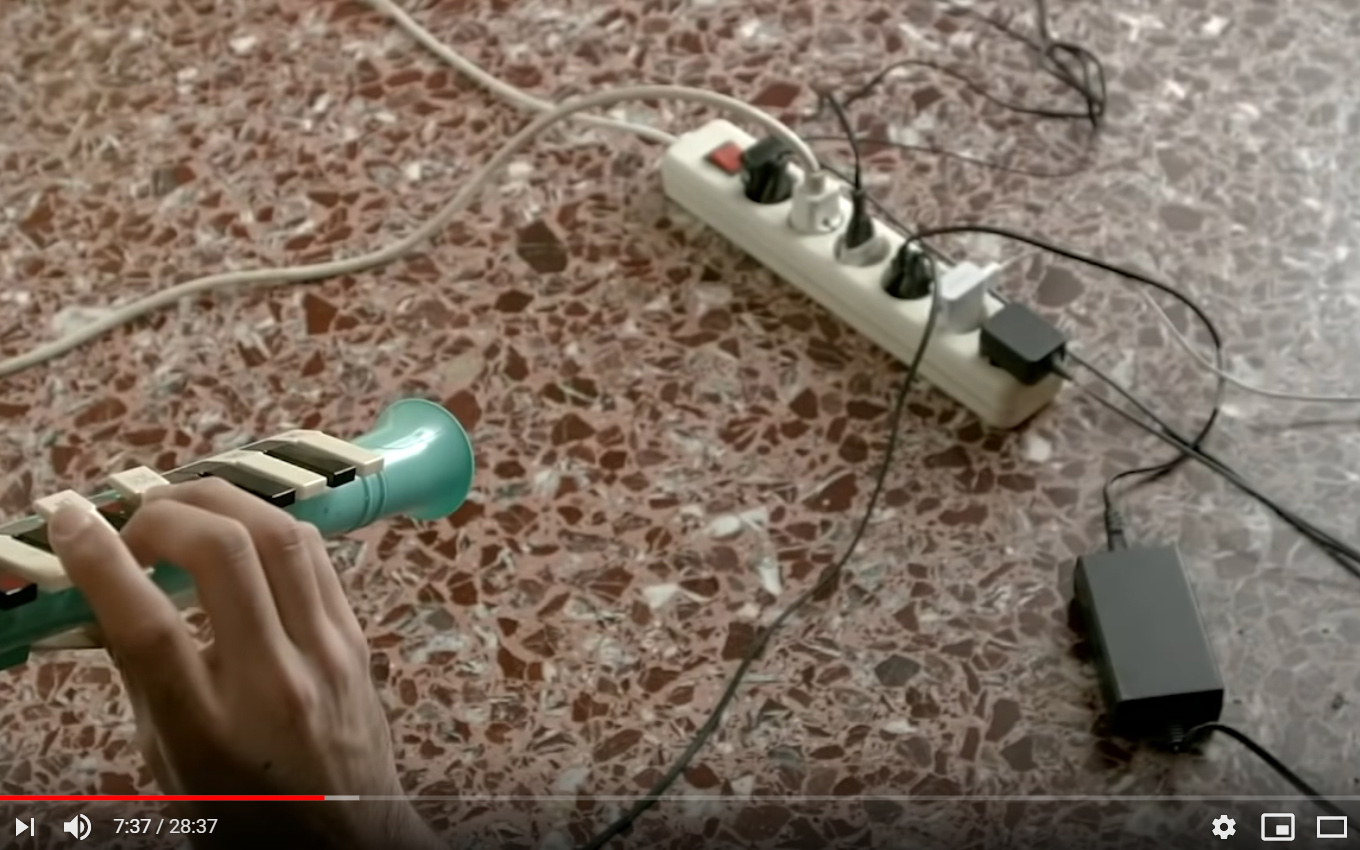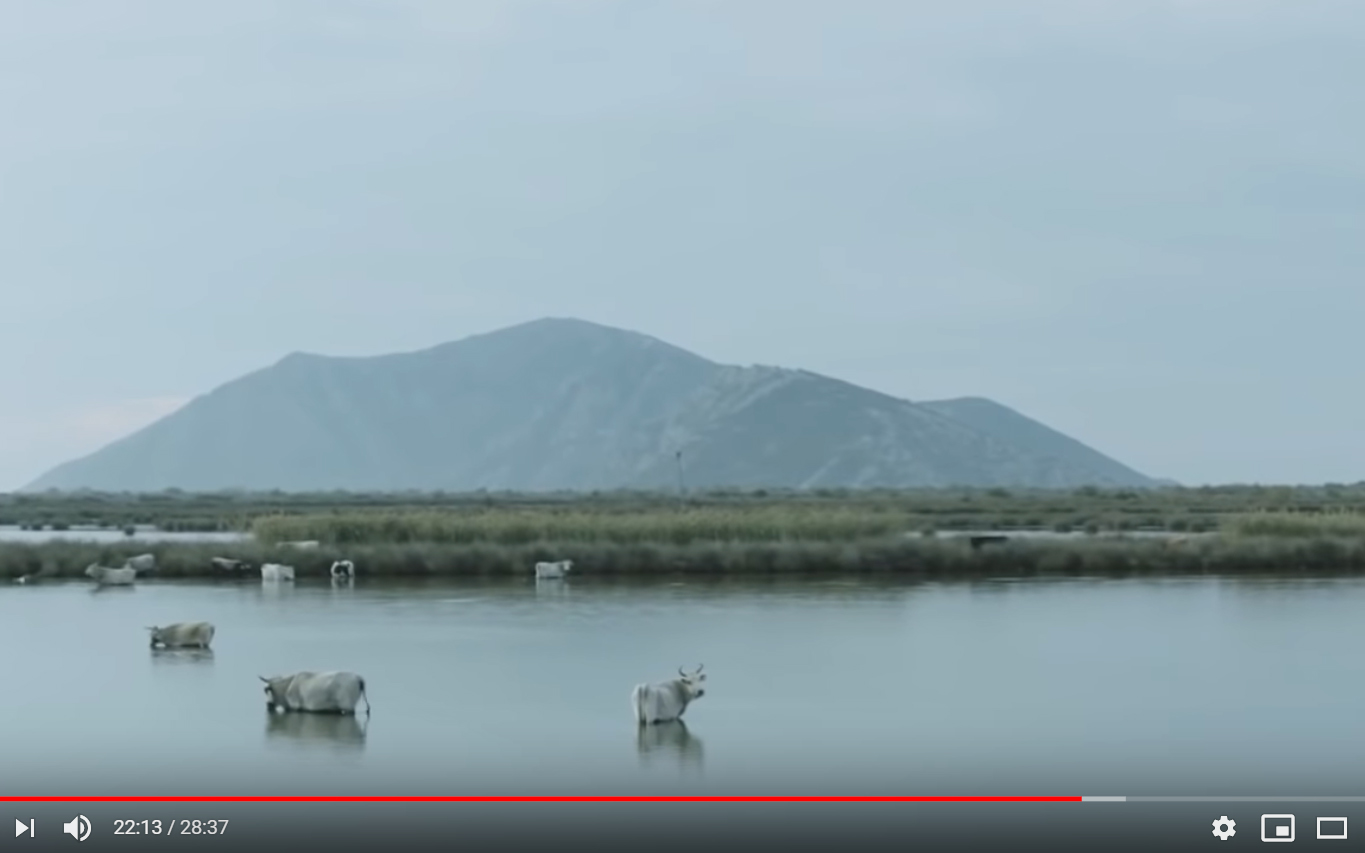These days, online life revolves around the global quarantine imposed by the coronavirus pandemic. Writing, creating and communicating from self isolation, about self isolation, has unquestionably become the number one trend on the internet worldwide.
It’s in this context that the Thessaloniki International Film Festival (TIFF) launched the project “Spaces #1”, inviting 8 Greek directors to each shoot a short film from their home. The instructions were simple: create a 3-minute movie that would be a comment on today’s reality which, for most people, is restricted to just one space. Directors could take inspiration from the book “Species of Spaces” by Georges Perec, a collection of the French author’s essays on the idea of space.
Clicking around, trying to occupy my brain at a moment of restlessness, I went on TIFF’s YouTube channel and saw that the 8 short films had been uploaded at last, all in one video. I clicked on the play button, without any preconception on what I was about to watch.
The aim these directors were given was to present a comment on life at a time of social distancing. For me it went even beyond this; the viewing session made me contemplate the general concept of space in an unprecedented way.

Because of their limited duration, the plots of these short films have to be condensed as much as possible, while still making sense and highlighting a certain idea or point of view. I noticed that their restricted length meant that their creators’ dispositions were revealed more starkly than in full-length movies, where the directors have much more space to “dilute” themselves. Yet that does not make these short films any less thought-provoking. On the contrary, each one made me reflect on a different aspect of the notion of space.
Some directors got more personal than others: For example, directors Marianna Economou and Stavros Psillakis both tackle the subject of self-definition and development through time and space. They present us with a variety of books, souvenirs and objects in their homes that have helped build their identities, while contemplating their influence. Confinement together with their belongings invites – or perhaps forces – retrospection, but that itself leads to new insights. Every memory opens up a new space in their mind. Both are trying to make sense of these memories, that have been assigned to a particular physical space in their homes.
I started thinking about the roles that spaces play in our lives. We demarcate physical spaces in order to protect ourselves; does that make us oblivious to what’s outside? And does this demarcation truly protect us?

This is a question raised by “Vacationers in Pompeii” by Georgos Giorgopoulos, in which scenes of everyday life indoors are punctuated by unsettling rumbles from the outside world. This brought to mind memories from when I was a child and would be afraid in bed at night: to protect myself from the ghosts, monsters, and serial killers I imagined were hiding in my room, I would tuck my blanket tight around my body and would suddenly feel safe. By creating a barrier around me, I could convince myself that nothing bad could happen as long as I stayed wrapped up in my safe space.
Spaces protect us – or at least give us the impression of safety – but can they become potentially dangerous? What about the lack of space? The void that comes with isolation can be filled in numerous ways. Some people handle the confrontation with themselves better than others. Stavros Pamballis, using his young daughter as a protagonist, suggests that through imagination the same four walls can be any number of spaces. “Cleo and Her Daddy Make a Movie” shows father and daughter brainstorming together on what their homemade movie will be about, with young Cleo taking on the various roles they decide on, including that of a “Star Wars” warrior, a detective and a rock star.

And sometimes, a place can literally come alive if we stay in it long enough: too much isolation can lead to absurd thoughts, or even madness. Zacharias Mavroeidis proves this with great humor and wit by personifying the space. In his short film “Me, My Home”, the director interacts with different objects in his house as if they were his long-time friends; he even goes as far as imagining a quarrel between his house and the floor-plan. The plot is as funny as it is disturbing.
The concept of space can take almost limitless forms; spaces exist in the physical world, in our thoughts… and even our subconscious, manifesting in our dreams, as Minoas Nikolakakis suggests in the intriguing plot of “31/3/20 8.00”. Against the backdrop of an upbeat, jazzy melody, we see a woman cheerily going about her day at home: the sound of an alarm clock suggests that she may be living in a dream… which may be set in a more pleasant space than reality.

Space is also something you can give, or take away. In “Incredible Thoughts of a Woman on a Tier”, Rinio Dragasaki remembers a time when space was virtually boundless, and contrasts that with today’s reality. She recalls past days with great nostalgia, while reminding us that the spaces we miss still exist, even if they have become out of reach; they remain unchanged, but our approach and interaction with them is different.
Nature shots in Syllas Tzoumerkas’ short film made me appreciate the fact that whenever you take space from something or someone, you automatically make it available to something or someone else. Human beings in confinement may give space for nature to regenerate itself. Is life a constant battle for space between different entities?
In less than 30 minutes, “Spaces #1” motivated these existential questions, and many more. The project made me realize that when the spaces we usually evolve in are taken out of our reach, we suddenly become much more aware of them. I’m hoping that this feeling will stick, even after we have all returned outside and reconquered our lost spaces.
The films (in order of appearance)
“Vacationers in Pompeii” by Giorgos Georgopoulos
“Incredible Thoughts of a Woman on a Tier” by Rinio Dragasaki
“Me, My Home” by Zacharia Mavroeidis
“31/3/20 8.00” by Minos Nikolakakis
“My Other Lives” by Marianna Economou
“Cleo and Her Daddy Make a Movie” by Stavros Pamballis
“Foghorn” by Syllas Tzoumerkas
“My Photograph” by Stavros Psillakis











